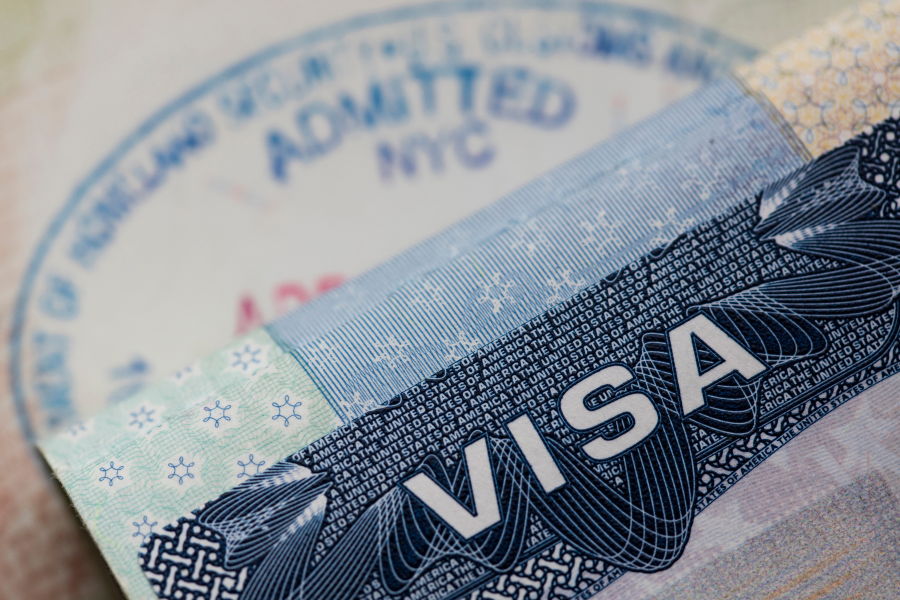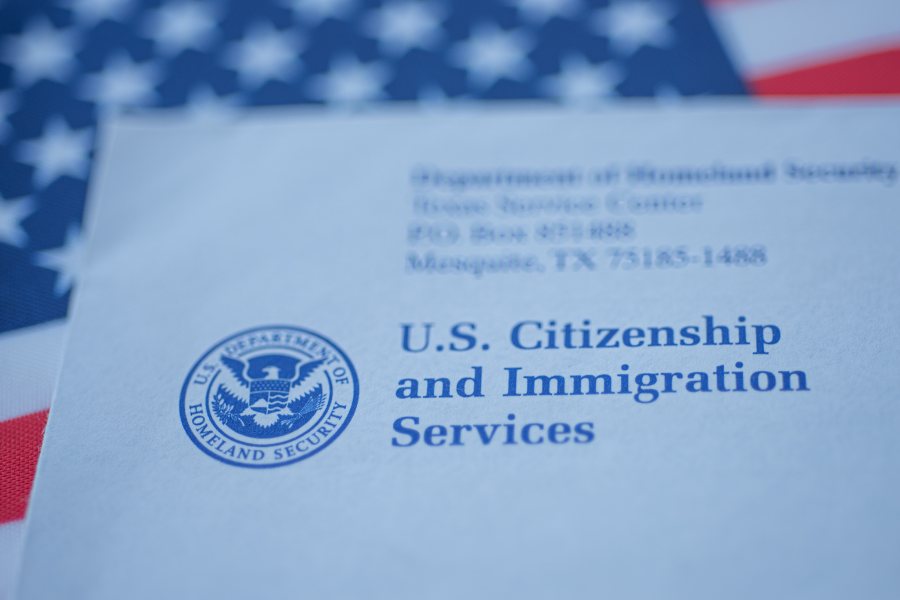Takeaways:
- U.S. travel restrictions affect those who have been in China, Iran, the U.K., Ireland, Brazil, and Schengen Area countries at any time during the fourteen days prior to seeking entry.
- There are waivers of the travel restrictions and they are likely to remain in place for some time.
- The Biden Administration will likely replace the executive orders underpinning the travel restrictions and embrace new policies and procedures without lifting them altogether.
Pandemic Travel Restrictions (Generally):
Central to the U.S. response to the 2019 novel coronavirus (“COVID-19”) has been a series of travel restrictions, barring entry of those present in China, Iran, the United Kingdom, Ireland, Brazil and the Schengen Area of Europe. These restrictions were promulgated as executive orders, pursuant to the President’s inherent powers and the Immigration and Nationality Act.
Of course, the United States is one of many countries which implemented COVID-19 travel restrictions and the collective results of global restrictions on travel have been many and varied. They have challenged businesses to develop new ways of communicating, contracting, managing, and investing and have presented employees and employers with opportunities to explore flexible working arrangements. However, they have also presented those who need to travel for personal or business reasons with significant hurdles in moving forward.
Mitigating the Travel Restriction Effects:
The United States has implemented “waivers” of these travel restrictions, built into the executive orders. These have been an important tool for those whose travel is essential and cannot be postponed. In addition, the U.S. has been working with the United Kingdom and Germany to develop a safe and reliable pathway for transatlantic travel. With the increasing availability of COVID-19 tests and vaccines, it is hoped that mechanisms can be instituted to restore pre-pandemic travel for significant numbers of people.
Attempts to Lift the Travel Restrictions:
This optimism appears to underpin the January 18, 2021 “Proclamation Terminating Restrictions on Entry of Certain Travelers from the Schengen Area, the United Kingdom, the Republic of Ireland, and Brazil.” Therein, the outgoing Trump Administration noted that the availability of COVID-19 testing abroad and the general cooperation of Brazil, Ireland, the Schengen Area, and the United Kingdom present an opportunity to rescind some travel restrictions and resume travel for those who can comply with the January 26, 2021 Centers for Disease Control and Prevention (CDC) order that those seeking entry to the United States from those countries have a negative result COVID-19 test or evidence they’ve recovered from COVID-19: that they were not, therefore, likely to transmit the virus.
Forecasting the Incoming Administration’s Travel Restriction Policies:
The Biden Administration does not appear to share the view that lifting the travel restrictions, at this time, is good policy. President Biden announced that the Trump Administration’s lifting of the travel restrictions will not go into effect. Given that the United States is passing the 400,000 mark in COVID-19 related deaths and cases around the globe continue to climb, the political ramifications of reopening U.S. borders right now could be significant and may be a factor in this decision.
All of this points to something of a stasis of policy, if not procedure, under the Biden Administration.
Which agencies grant exceptions to travel restrictions, under what conditions, and through what mechanism are likely to change as the incoming administration puts its stamp on these policies. It seems likely that entirely new travel restrictions will be promulgated and that they will embrace matters not of issue back in March. For example, having had COVID-19 or having the vaccine are not explored in the policies or procedures. The greater availability of and variety of COVID-19 testing may present some opportunities as well, but it is perhaps unwise to expect that the Biden Administration will quickly lift the travel restrictions.
Considerations and Recommendations:
In the next few weeks, we may get a better sense of what the new administration is thinking and how it plans to administer U.S. pandemic policy and procedure. It may be prudent to postpone trip plans to give the Biden Administration time to draft and act on policy and procedure changes. If traveling soon is important and one can articulate how the trip is in the U.S. national interest, laying out the unique facts and circumstances before qualified counsel may be a good use of time and money.
Green and Spiegel, An Immigration Law Firm with Nearly Sixty Years of Experience:
Green and Spiegel has been successful in obtaining NIE Waivers for foreign national employees and on behalf of their U.S. employers. We are monitoring this situation closely and will continue to update our blog and provide E-Alerts to advise on the latest developments. As always, we strongly encourage you to reach out to our office if you have any questions regarding if or how these changes impact you and your family. Our office number is (215)395-8959, we can be reached via web.




